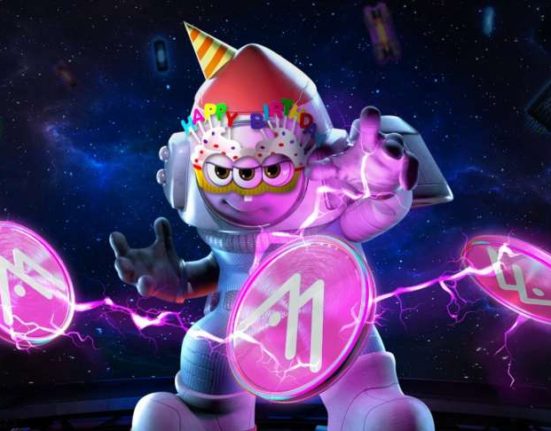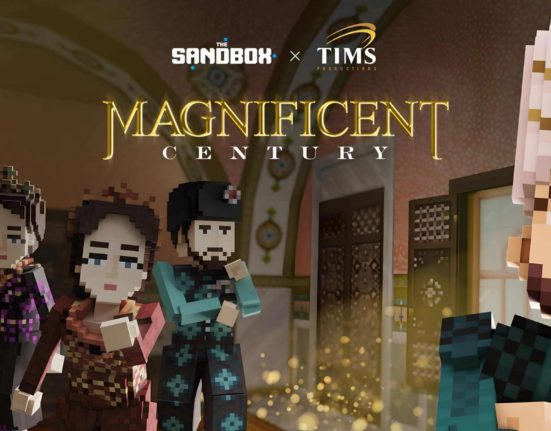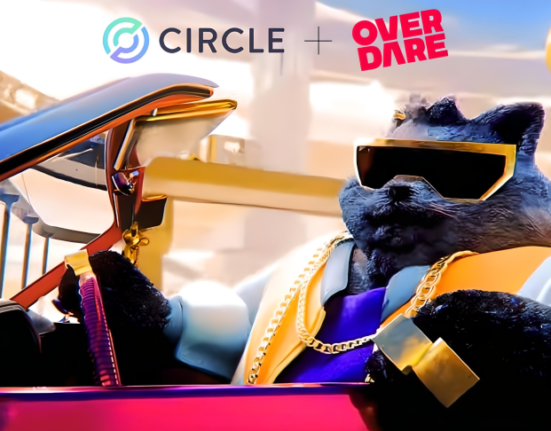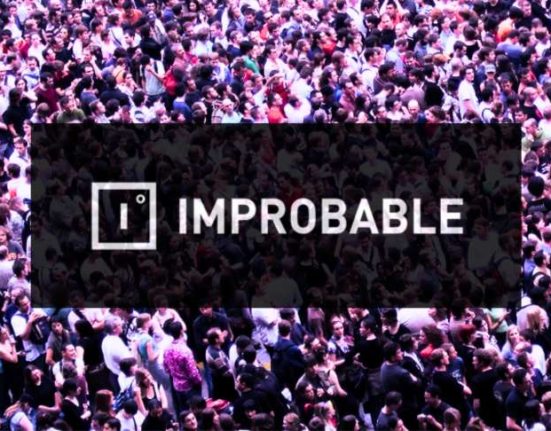Head over to X, formerly Twitter, and the first post you see will likely be about Friend.tech, the latest gamified social media offering, backed by Coinbase and Paradigm.
The opinions and commentary on the app are vast in their approach, with some touting the app as a paradigm shift, others uncertain if they should join, and others still, calling it out as the next BitClout that is doomed to fail.
Given the app’s early stage, each of these perspectives carries weight and may reflect the true trajectory of the latest craze.
Paradigm Shift or Doomed to Fail?
With hype for the new social platform seemingly at an all-time high, there are undoubtedly early adopters and supporters who will profit from the shares they’ve purchased and sold. These same individuals will also likely share testimonies of how great and innovative the app is, in that it’s driving value back to the community – with euphoria fueled by significant amounts of volume.
Absolutely insane.
FT has generated more fees in the past 24 hours than Tron, Uniswap, and BTC. It’s not far away from Lido, which has 13.8B ETH staked!
While the initial hype from the airdrop may fade, FT gives us a glimpse of what crypto mass adoption feels like. pic.twitter.com/PXKuuNARmk
— Ignas | DeFi Research (@DefiIgnas) August 20, 2023
However, the underlying concept behind Friend.tech is not entirely new, in fact, it very closely resembles BitClout of 2021 and while that application gets a lot of flack now, it once raised over $200 million USD at its peak and was championed by highly regarded social influencers and celebrities.
X user Alex Valaitis, who shared he worked with DeSo, the project behind BitClout, expressed why he feels Friend.tech won’t last. He largely assigned this to the platform’s bonding curve mechanic, which simply rapidly accelerates price, however, Valaitis outlines that this is where the “rug pull” comes from, as someone early in the bond curve will cash out, leading to a cratering price.
Controversial Web3 personality beanie further illustrates this, calling the platform a “high stakes game of musical chairs” where the only retailers that make it out with any gain are the first ones in that are also the first ones out. He further shared that influencers, Coinbase and Paradigm will of course come out on top and marks it up to the nature of the game, stating “This is how things are done and there’s nothing new here to see,” but that retail users should proceed with “extreme caution.”
Uncertainty & Skeptism
The uncertainty around Friend.tech lies in a few different areas, namely its privacy policy or lack thereof, potential regulatory issues, and the public release of data of 100,000 accounts that some outlets reported as a leak.
However, the latter has since been refuted by Friend.tech, who said that it was just someone scraping their public API and that “It’s like saying someone hacked you by looking at your public Twitter feed.” Furthermore, information like wallet addresses are already publicly available, as is the nature of the blockchain.
The other concerns remain valid though, when navigating to the app’s privacy policy, a pop-up window will appear that says “coming soon.” This has been understandably off-putting for a variety of users, considering financial systems are being linked to the app.
Additionally, reports of regulatory attention have surfaced, following a weekend where the app saw over $1 million USD in fees generated over a 24-hour period. Attention is likely a direct result of the expectation for profit, as creators can share fees with their “shareholders.” While these tokens were originally called shares, Friend.tech has since changed the name of these tokens to Keys – likely to avoid unwanted scrutiny.
We’ve renamed Shares to 𝗞𝗲𝘆𝘀. The original name was a placeholder during development and we think Keys better illustrates their purpose as in-app items used to unlock your friends’ chatrooms pic.twitter.com/phkZky13VL
— friend.tech (@friendtech) August 21, 2023
Things to Consider
While only time can tell the outcome of Friend.tech, there are a few probabilities and considerations to bear in mind. The first is that it is more probable than not, that the platform will experience the same fate as BitClout, that retail users or “Key” investors are undoubtedly in the riskiest position financially, and that creators who choose to use this platform must decide to provide exclusive value to their holders or risk potential reputational damage.
An example of the latter can be seen in popular X personality, Cozomo de’ Medici’s hesitation in joining the platform. When asking his followers if he should join, some said why not while others like artist Bryan Brinkman expressed that it might detract from the value of Medici’s other initiatives. Nonetheless, Medici has shared that he is “Trying it out.”
Numerous artists and prominent community figures have voiced their reluctance to join Friend.tech. The platform, despite its buzz, hasn’t managed to captivate the interest of these key players. Their hesitation raises questions about the platform’s potential for mainstream adoption or simply feeling exhausted with the amount of other decentralized platforms like BitClout, Mastodon, and Bluesky, which in the CT community were short-lived.
While this is a simple statement, it is important that creators trying the new platform make clear the expectations for their community and that the community proceeds with caution, as alongside the potential for gain is also a potential for loss.








